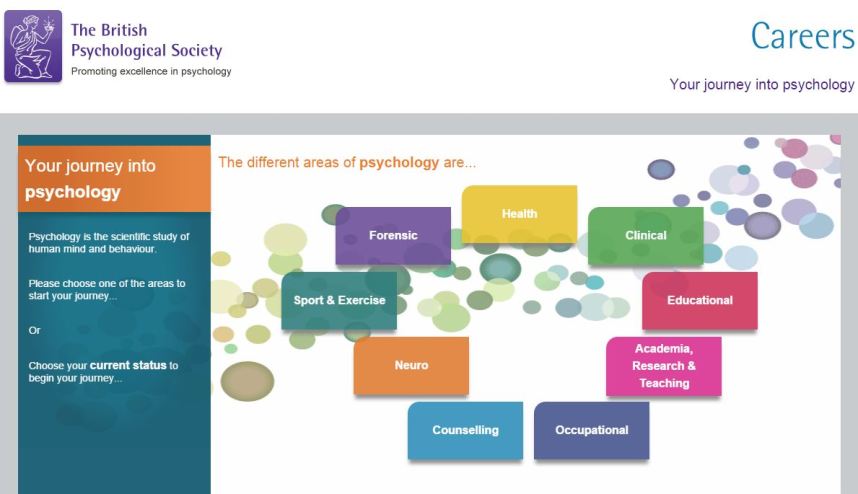Psychology is the second most popular degree programme to take, but with 20% of those studying going on to work in the profession what about everyone else? Many go on to managerial jobs, work in the media, the police, teaching, and nursing with Psychology degrees often being considered as a ‘gateway’ to a range of related professions.
Most popular degree courses 2014/2015 in the UK:
- Nursing: 238,000 applications
- Psychology: 106,000
- Law: 103,000
- Design studies: 97,000
- Pre-clinical medicine: 85,000
- Computer Science: 77,000
- Management: 71,000
- Sport and exercise: 67,000
- Business: 66,000
- Social Work: 64,000
The popularity of TV series Silent Witness and Cracker and the film Silence of the Lambs, has been cited as boosting the number of courses and applications for forensic science in the 1990s and subsequently – even if the dramas in fact depict pathologists, clinical psychologists and detectives.
The lure of high potential earnings associated with specific degrees has always been a driver of subject choice to some extent, but this has become more complex recently as long-term career patterns become more fragmented and most jobs not degree specific.
Overall it would appear that the £9,000 fees, the recession and changes in the job market generally have not made huge differences to the pattern of course choices.
But what does this mean? Read the full article from the BBC discussing changes over time as well as differences between the US and the UK.
Where to look
A good place to start is ‘Infostats’, the official UK guide to university rankings; click on the image above to be taken directly to the site – to start your search.
If I want to do a degree in Psychology, what should my first step be? Do your homework, find out from people you know or have access to about their experiences. Look at University websites, The Times and Guardian both have excellent coverage of materials. The British Psychological Society also has excellent advice and allows prospective undergraduates to check on the status of each course as if it’s not accredited you cannot take it any further without great difficulty. Check here for accredited courses. Of course, there is also UCAS which also provides key information as well as the site that you apply through to go to University.
Work experience -The edge
Other than a strong grade profile for entrance into university, work experience (usually voluntary) is becoming the golden commodity for many universities as well as future employers but it can be difficult for young people to access it. The BPS has a wealth of information on voluntary areas in the field that could give you the edge.
Career guidance
Are there any variations I could consider if I want to follow a particular field of psychology? Click the image below to find out.
Here is a U.S based infographic for comparison;




